MANY BRAINS ARE
better than one
Thanks to your support of Connor’s Run we have been able to invest in world class research and development.
You are helping change the odds for young people with brain cancer. Look what you’ve done and continue to help us do... Go you!
Download our Impact By Numbers flyer.
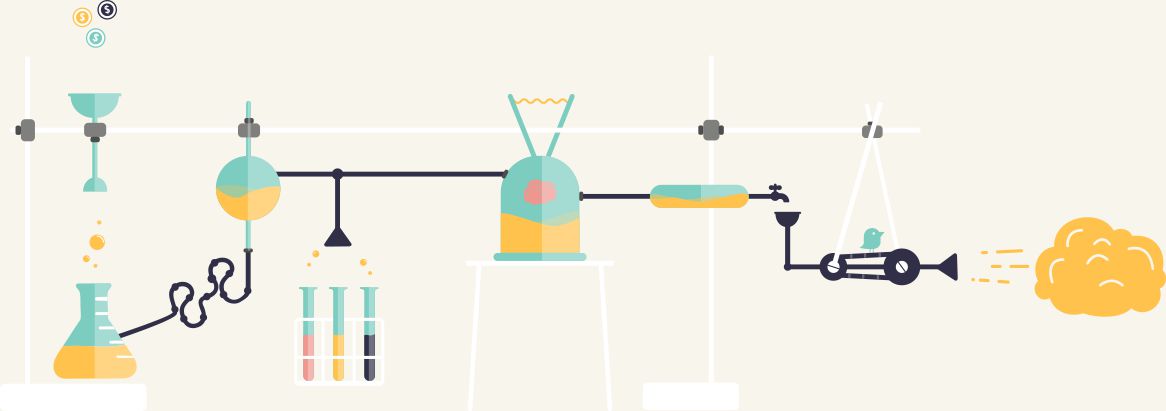
RCD Foundation Research Investments


BRAIN CANCER VACCINE
Project
A mRNA Vaccine giving hope to childern with brain cancer
We have partnered with The University of Queensland, committing $1.2 million to develop a brain cancer vaccine. With in-kind support from the University and a total project investment of approximately $2.4 million over a three year period, it is the first of its kind to apply technology to treat paediatric brain cancer.
With over 100 different types of childhood brain cancers and minimal effective treatment options, often with significant long term side effects better therapies are urgently needed. One promising approach (known as immunotherapy), harnesses and amplifies the body’s natural response against the tumour which is often weak.
Paediatric brain tumours are good at hiding from the immune system, therefore they need to be exposed before an effective, full attack can occur. By directing the body to produce large amounts of specific tumour molecules, which, alone are not cancerous, we can ‘train’ the immune system to efficiently recognise the tumour. This effectively creates an army of targeted missiles against the brain tumour. One way of achieving this is through developing a mRNA cancer vaccine against brain tumours.
Every brain tumour type is different, and we are starting with ependymoma tumours. Ependymoma does not typically respond to any known chemotherapy, but a combination of surgery and radiation therapy can be effective in some patients. However, when those tumours reappear there is no effective therapy, and the prognosis for these relapsed tumours is typically very poor.
We have assembled leading experts in immunology and brain tumour biology to mentor the new project team which will be based at the University of Queensland, Australia.
Thanks to Bella the Brave, Marisa & Fabin Rosin in memory of Marcus, The Brown Family in memory of Georgia, and Tioni and Jake in memory of Zarliah.
Learn more about the project HERE

AIM BRAIN PROJECT
Informing better treatment options
Following the successful translation into the clinic and accreditation of this advanced diagnostic test for brain cancer, RCDF together with Murdoch Children’s Research Institute was pivotal in securing funding from the Victorian Department of Health through the Victorian Cancer Agency, to subsidise the cost for 100 Australian patients tests and evaluate the test's economic benefits and its impact on patient treatment and outcomes. The goal is to have the test covered by existing healthcare funding programs, removing financial barriers to testing, making it more accessible.
"
Olivia Phelan, 21
RCD Foundation Legacy Ambassador

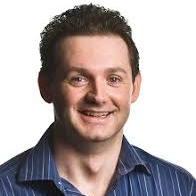
THE ROBERT CONNOR DAWES FOUNDATION
Clinical Trials Program
Providing hope through funding clinical trials for children and adolescents with recurrent or progressive High-Grade Glioma.
AU $10 million total investment in clinical trials program ($1,250,000 RCDF) over 5 years.
As part of RCD Foundation's commitment to the Australian Brain Cancer Mission (ABCM), it has partnered with Love For Lachie and The Cure Brain Cancer Foundation to fund the Australian participation in the international NICHE-HGG (PNOC-019) trial for children and adolescents with recurrent or progressive High-Grade Glioma. The trial investigates the effectiveness of two different immunotherapic agents, is open at four children's cancer centres in Australia currently with more trial sites to follow soon. The trial will also soon recruit patients at hospitals across the US and internationally in Switzerland and Israel. This is the first clinical trial developed by the Pacific Paediatric Neuro-Oncology Consortium (PNOC) to open here and Australian participation we hope will lead to more opportunities to bring other global cancer trials to Australian children with cancer. This trial is only the first of many more that RCD fund through the Australian and New Zealand Hematology and Oncology Group (ANZCHOG).
Pictured: Dr. Nick Gottardo, ANZCHOG Study Chair
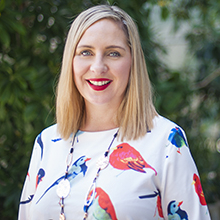
ROBERT CONNOR DAWES RESEARCH PROGRAM
Developing the latest immunotherapy for glioblastomas
AU $500,000 over 5 years.
Our immunotherapy project with the Jenkin’s Laboratory at Walter and Eliza Hall Institute of Medical Research (WEHI), has achieved some very promising results in which glioblastomas in mice were cured with white blood cells which were genetically modified (Chimeric Antigen Receptor (CAR) T cells) to specifically recognise a particular cancer marker on the surface of the tumour cells (EGFRVIII). This therapy not only killed the cancer cells leaving the healthy surrounding cells, but the mice remained cancer free for four months once the tumours were cleared. These significant results continue to progress the technology forward towards translation into humans.
Pictured: Dr. Misty Jenkins, WEHI
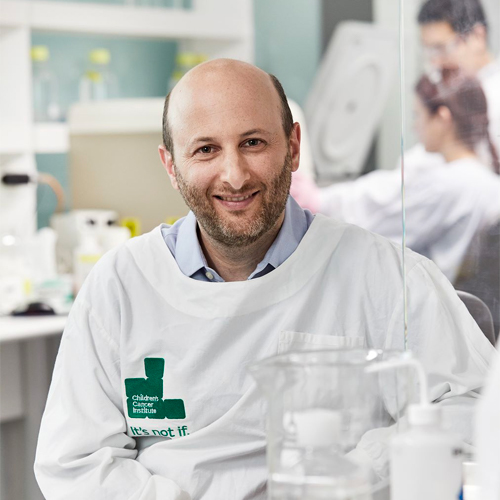
JOINING FORCES
To provide hope
AU$25,000
We're joining forces with the Children’s Cancer Institute (CCI) to augment their brain cancer efforts within the Zero Childhood Cancer Program
RCDF supported Zero Childhood Cancer Program at the Children’s Cancer Institute (NSW), which combines the latest medical, technological, and research available to provide hope to children with rare and aggressive cancers where there is currently little or no treatment options. Our funding has contributed to approximately, 200 children with high-risk brain tumours being enrolled in a national clinical trial as well as 148 tumour samples which have been stored and used in high throughout drug screens and developing animal models with a view to finding new therapeutics.
Pictured: A/Prof David Ziegler, Children's Cancer Institute
RCD Foundation Care Investments

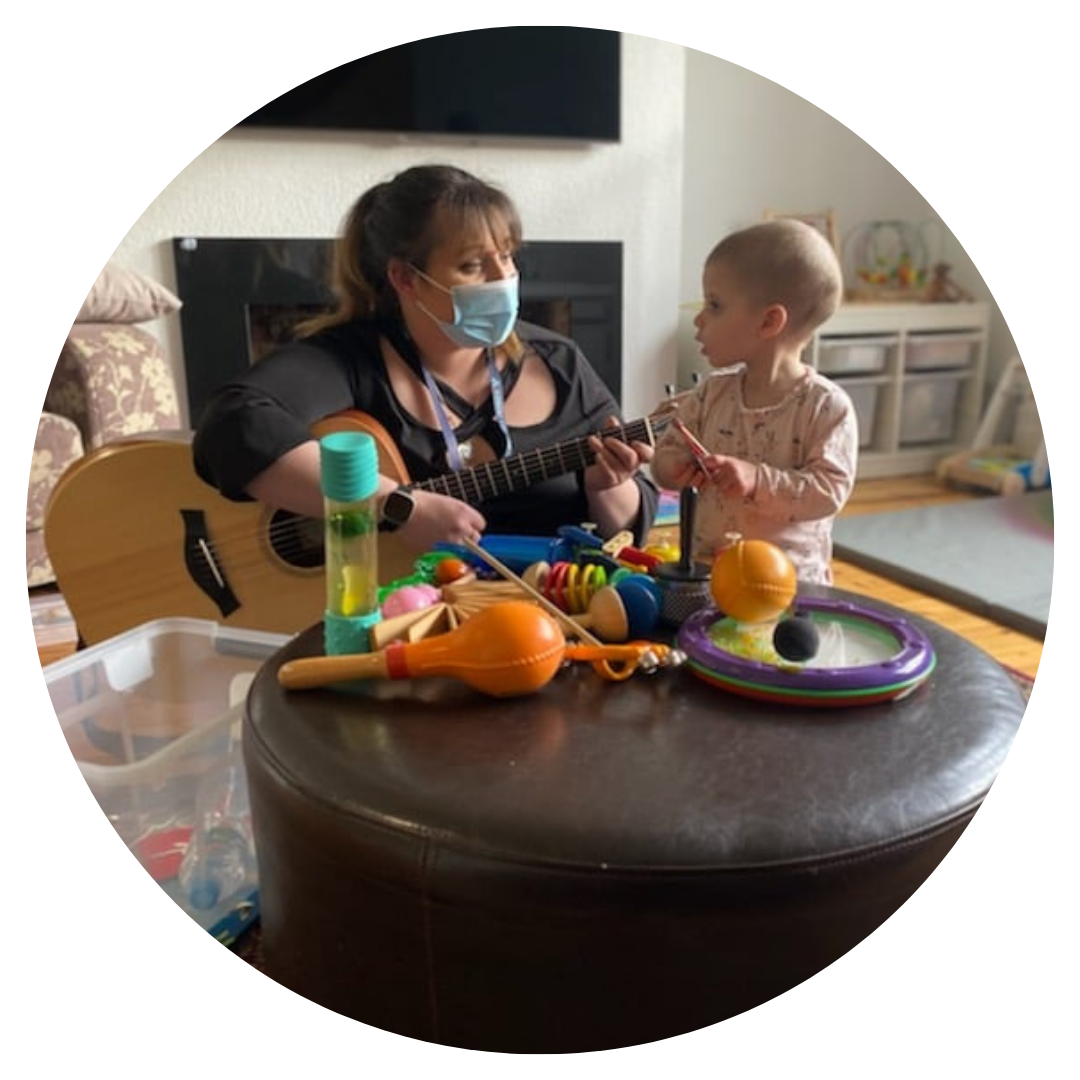
CARING ABOUT THE KIDS
Music Matters Grants
Music is more than just fun and relaxing, it can have a profound impact on our brains. Music therapy is the evidence-based use of music to accomplish individualised treatment goals. It can help with learning.
Through its use of shared networks in the brain, music can target speech & motor deficits. It can help to improve memory and attention, as well as enhance psychological coping. Music therapy is non-invasive and is motivating, both of which help the heart sing and the brain heal.
RCD Foundation Development Investments

DEVELOPING THE PEOPLE & INFRASTRUCTURE
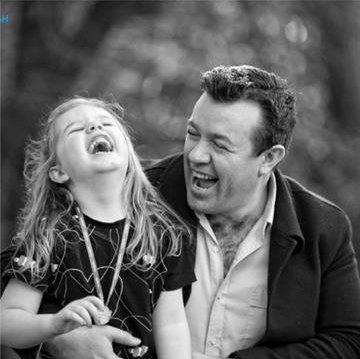
BUILDING & MAINTAINING AUSTRALIAN EXPERTISE IN MOLECULAR ONCOLOGY
Smarter, more tailored treatments
AU $196,278 over 2 years
Together with the GRACE MONEY family, we are supporting a molecular oncologist position at The Royal Children’s Hospital, Melbourne. This funding allows brain tumours to be accurately classified according to their genetic signature, which, in some cases, influences treatment options. It also advances research into more precise, individualised treatments for children with solid and/or brain tumours. As a direct result of funding this position, the RCH will increase its participation in brain cancer and/or solid tumour paediatric and adolescent clinical trials beyond the trials currently open.
Pictured: Liam and Grace Money
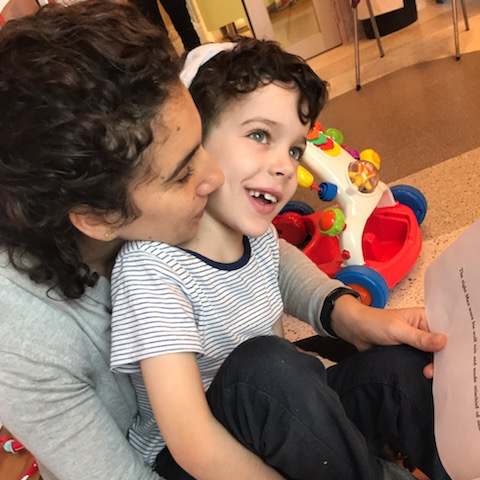
SUPPORTING YOUNG RESEARCHERS
To advance knowledge
Supporting young paediatric brain cancer researchers to advance our basic knowledge of tumour formation in paediatric high-grade gliomas (HHG).
AU $90,000 over 3 years
The PhD project funded by GIDEON GRATZER family, aims to identify and validate new druggable targets for paediatric HHGs. It focuses on a biological molecule that allows damaged cells and those with genetic changes which would normally be destroyed and removed from the normal population to survive and become cancerous. By stopping the action of this molecule, we can potentially prevent tumour growth, also allow those tumour cells to undergo the natural programmed cell death. In its second year, it has already confirmed the role of this molecule in paediatric tumour cell lines.
Pictured: Gideon Gratzer and Rebecca Goldstein
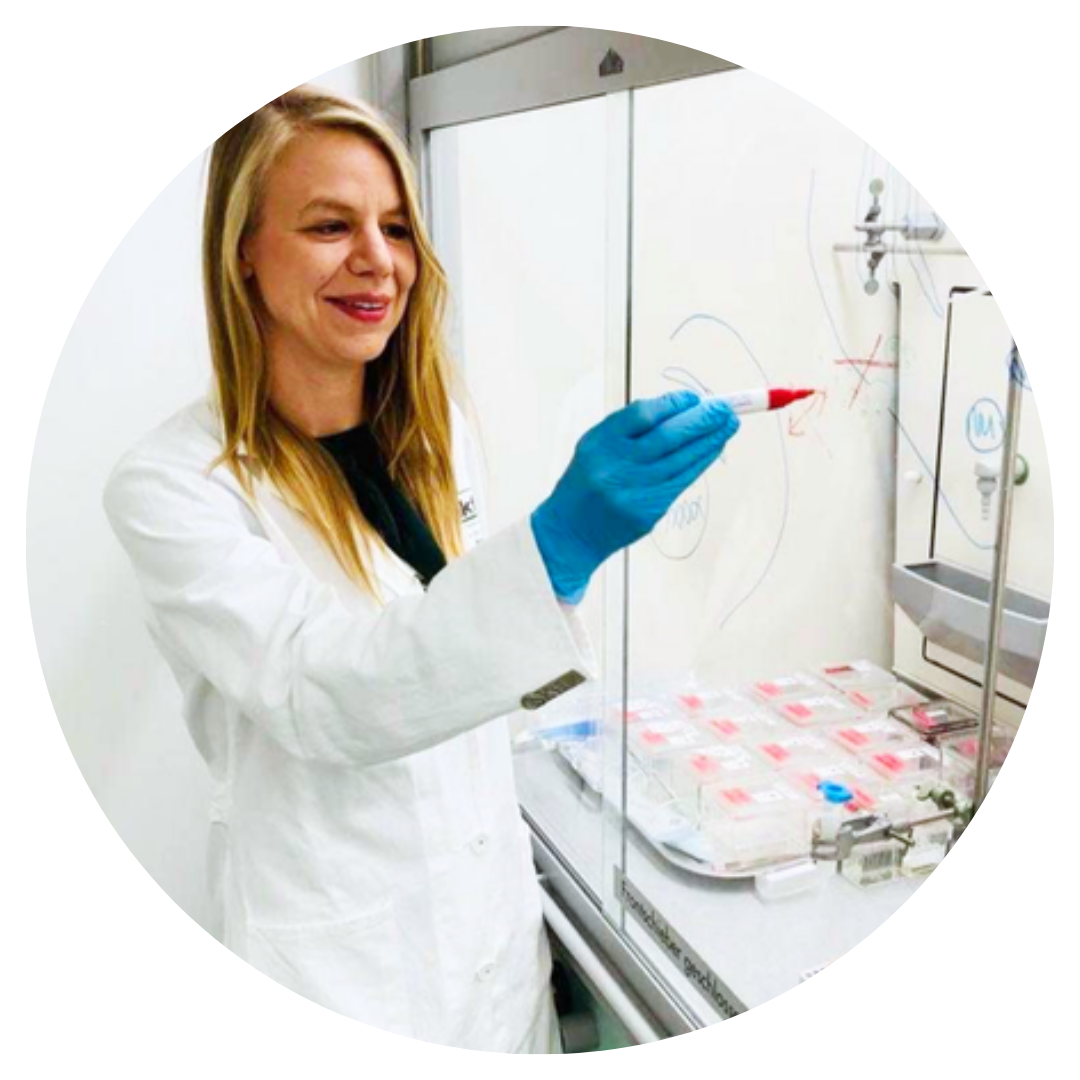
PARTNERING FOR IMPACT
Working towards effective, targeted treatment for ependymoma
US$200,000 (RCD $100,000) 2 years per fellowship
The CERN Robert Connor Dawes Fellowship Scientific Fellowship is an international open competitive grant awarded by the National Brain Tumor Society. The 2020 recipient, Dr Chan Chung at the University of Michigan, investigated the role of a specific protein called EZHIP, thought to be important for tumour growth. His work not only demonstrated increased metabolic activity in ependymomas in the hindbrain involving this protein but also by targeting it with an anti-diabetes drug this effect could be attenuated in animal models, indicating therapeutic potential.
We now proudly congratulate the 2022 Fellowship recipient, Dr Kendra Maass, based at the Hopp Children’s Tumor Center Heidelberg (KiTZ) and German Cancer Research Center (DKFZ). She is studying the cellular transport pathways in which Ependymoma cancer cells can spread via the blood to other sites in the body. By better understanding and characterising the role of extracellular vesicles in Ependymoma metastases, Dr Maass hopes to identify points in the transport pathway which can be targeted to stop the spread of the cancerous cells. She will also apply the new knowledge to evaluate if these ependymoma specific transport vesicles can be used to improve diagnosis specificity using molecular markers to subgroup ependymomas and separately if they offer any prognostic value as a surrogate marker.
Pictured: Dr. Kendra Mass, Hopp Children’s Tumor Center Heidelberg (KiTZ) and German Cancer Research Center (DKFZ)
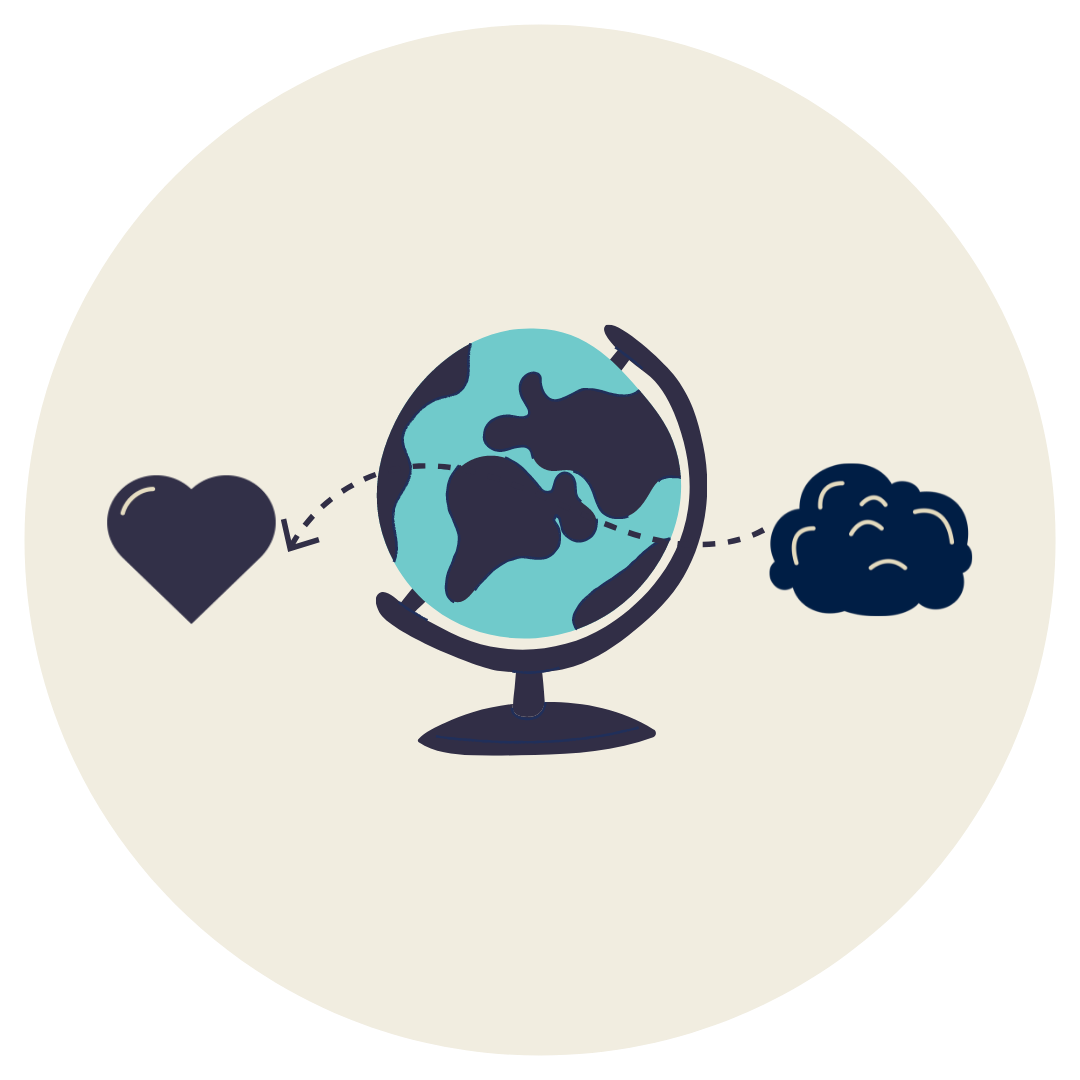
ENABLING THE BRIGHTEST & BEST MINDS TO CONVERGE
& advance global paediatric brain cancer research
AU $135,355
We continue to support knowledge exchange to advance the field, by sponsoring leading international conferences including the Australian and New Zealand Children’s Haematology and Oncology Group (ANZCHOG) annual scientific conference, the International Scientific Paediatric Neuro Oncology (ISPNO) conference and a smaller meeting of world expertise in Ependymoma in Cambridge in 2022.
SHAPING THE LANDSCAPE
for paediatric brain cancer clinical trials
US$50,000 per year.
This year RCD became a funding partner of the COllaborative Network for Neuro-oncology Clinical Trials. Involving nineteen hospitals and institutions across Australia, North America and Europe, CONNECT, conducts clinical trials in high-risk paediatric brain tumours to investigate combinations of novel drugs with traditional therapies. It provides a unique, agile platform for basic science discoveries to be rapidly tested around the globe. As a funder, we contribute to enabling infrastructure, ensuring participation from Australia and America and the evolution of an operational framework meeting theunmet needs across the globe.
SUPPORTING CRITICAL AUSTRALIAN TISSUE BANK RESOURCES TO ENABLE
world class research into paediatric brain tumours
AU $40,000 over two years
Tumour tissue samples are vital to understanding how paediatric brain cancers occur, spread and how to treat them, especially given the differences between the types and heterogeneity even within a single tumour type and individual patient. RCD continues to contribute funding to the Children’s Cancer Centre Tissue Bank based at the Murdoch Children’s Research Institute which collects tissues from patients at the Royal Children’s Hospital for research purposes. Samples are shared with other research institutions locally, nationally and internationally to facilitate more than 20 projects.
CONTRIBUTING & INFLUENCING CUTTING EDGE RESEARCH
on a global scale
AU $27,300
RCD is an active member of the DIPG Collaborate, Collaborative Ependymoma Research Network (CERN) and Children’s Brain Tumour Network (CBTN). RCD represents the Australian funding community, stays abreast of the latest research, participates in funding and determining proprieties. The networks expedite high quality research through strong global collaboration. We recently cofounded a project through the DIPG Collaborate which collectively invested approximately US$4,000,000 in research in 2021. RCD also supported a National Institutes of Health (NIH) funding application through the SPORE program to determine the genetic sequence of more than 1,500 paediatric brain tumour specimens and more than 3,000 germline samples which was awarded to CBTN in 2021. This critical data will be available to other global researchers to mine for potential new insights into the biology of childhood brain cancer.
RCD also worked with the CERN Foundation and the National Brain Tumor Society to develop the Ependymoma Key Issues document, which was featured in Brain Tumour magazine, published by the International Brain Tumour Alliance (IBTA) and provided resources for Ependymoma Awareness Day.
PRIORITISING RESEARCH CHALLENGES
in paediatric brain cancer
The RCD Foundation and The Kids Cancer Project (TKCP) co-hosted a meeting in Melbourne in May, attracting clinical and academic researchers and other interested parties from across most states to identify the current challenges and suggest potential solutions. These were collated in a report and the actions allocated to willing parties.
We also facilitated a big data workshop in March between interested Australian pediatric brain cancer researchers and our colleagues at the Children’s Hospital of Philadelphia and Childrens Brain Tumour Network (CBTN) who are world leaders in this field. We had representatives from ten different organisations/institutes across Australia. By comparing Australia and the US teams’ capabilities and capacity we were clearly able to articulate gaps, challenges and opportunities. RCD hopes further discussions will shape one of the large collaborative projects we will invest in the near future.








